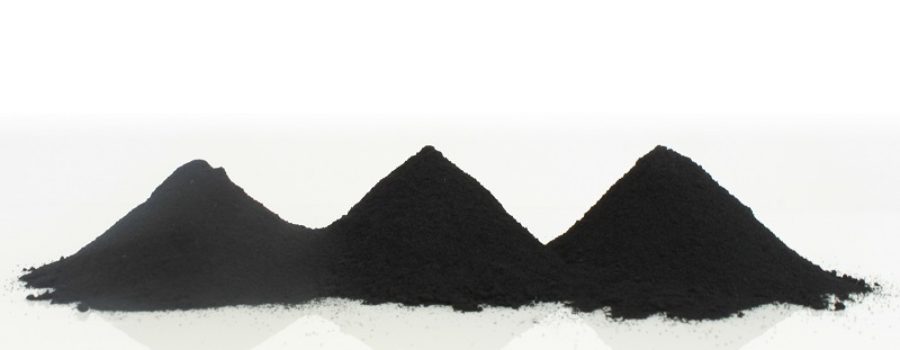Nexceris is excited to have been selected to participate in a project with the Vehicle Technologies Office (VTO) within the U.S. Department of Energy (DOE) to develop cathode battery materials for next-generation vehicles that eliminate or significantly reduce the use of cobalt in the manufacture of advanced batteries.
The increased demand for electric vehicles will drive demand for battery materials. Current state-of-the-art lithium-ion batteries (LiBs) are based on cobalt containing cathode chemistries. Speculation over a future global shortage of cobalt has led to a rapid increase in cobalt prices and renewed interest in increasing battery performance with reduced or cobalt-free cathode formulations. This provides an opportunity to reestablish U.S. dominance in batteries and prevent us from going from one dependency on oil to another in cobalt.

One of the most attractive approaches to improve battery energy density is to increase the battery voltage. There is therefore a need for next generation, high-potential and high-capacity cathode battery materials. Nexceris is collaborating with with Dr. Jung-Hyun Kim at the Energy Innovation Laboratory at The Ohio State University, and Navitas Systems to improve the cycle and calendar life of high-voltage spinel cathodes.




